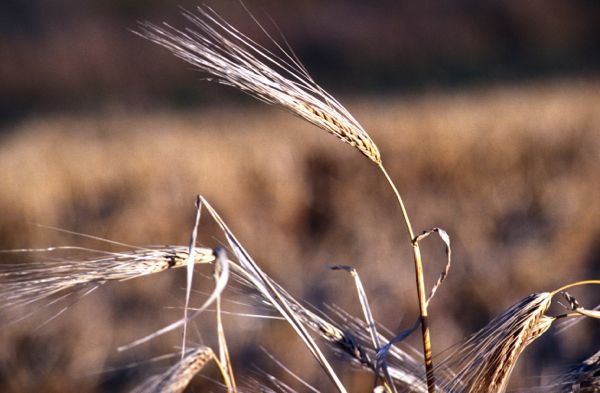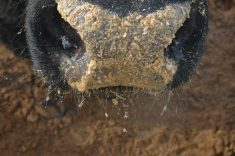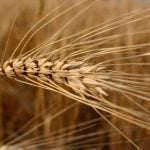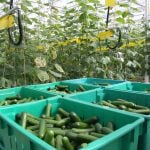MarketsFarm — The hot and dry summer that has enveloped all of Western Canada is already bringing down projected yields for feed grains, creating an inverse effect on prices.
“We’re losing the crop here right now with the heat and lack of moisture across the Prairies and the northern Plains of the United States,” said Allen Pirness of Market Place Commodities in Lethbridge.
“Farmers aren’t willing to sell the remainder of their old crop because they’re faced with significant reduction in new-crop production per yield.”
Read Also

U.S. grains: Soybeans, corn fall on harvest pressure
U.S. corn and soybean futures were lower on Monday in choppy trade, pressured by the expanding Midwest harvest of both crops, but uncertainty about quarterly government stocks data due on Tuesday kept a floor under prices, analysts said.
According to Prairie Ag Hotwire data from Wednesday, high-delivered bids for feed barley were at $7 per bushel in Saskatchewan and Manitoba and $7.95 in Alberta. This represents a 33-cent rise in Alberta, a 92-cent jump in Manitoba and $1 higher in Saskatchewan compared to last month.
While Alberta saw a 33-cent decline in feed wheat from last month, its high-delivered bid was $9.20/bu. In Saskatchewan, the price rose 15 cents, to $7.65, and in Manitoba, there was a 67-cent jump to $8.75.
Saskatchewan Crop Insurance Corp. on Wednesday announced it’s doubling the yield thresholds at which drought-damaged cereal or pulse crops can be grazed, baled for greenfeed or cut for silage.
“It may make farmers a little more comfortable in selling (their crop), but I don’t think that will have a direct effect on prices,” Pirness said, adding that supply will remain tight going into harvest.
As for whether higher-quality crops damaged by the heat can enter feed channels, Pirness was unsure.
“We still don’t have the crop in the bin yet. Weather can turn and if harvest conditions aren’t favourable, then yes, we can see a lot of feed grain,” he said.
“However, the drier weather improves the quality of the grain. So, more of it should be higher quality.”
— Adam Peleshaty reports for MarketsFarm from Stonewall, Man.
















